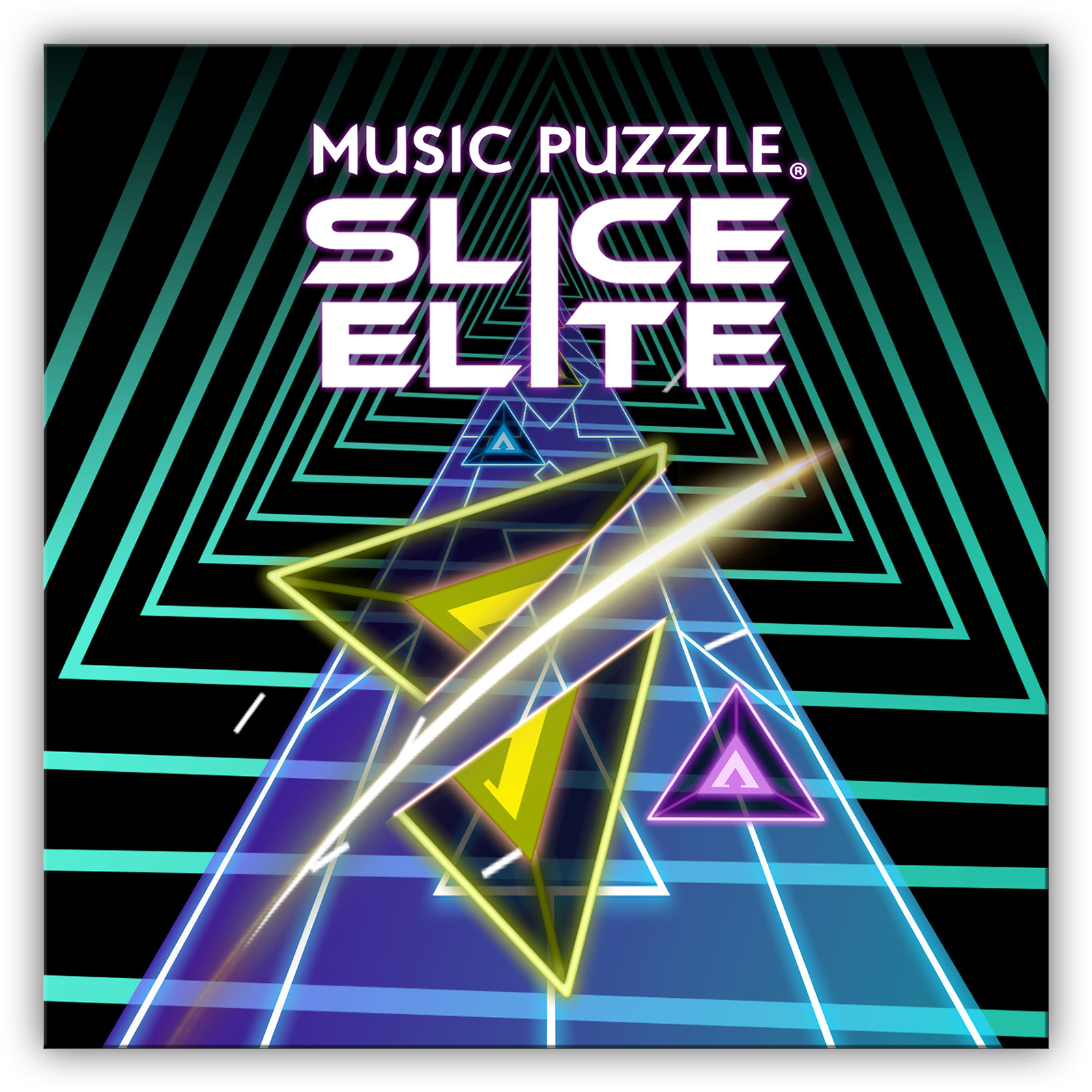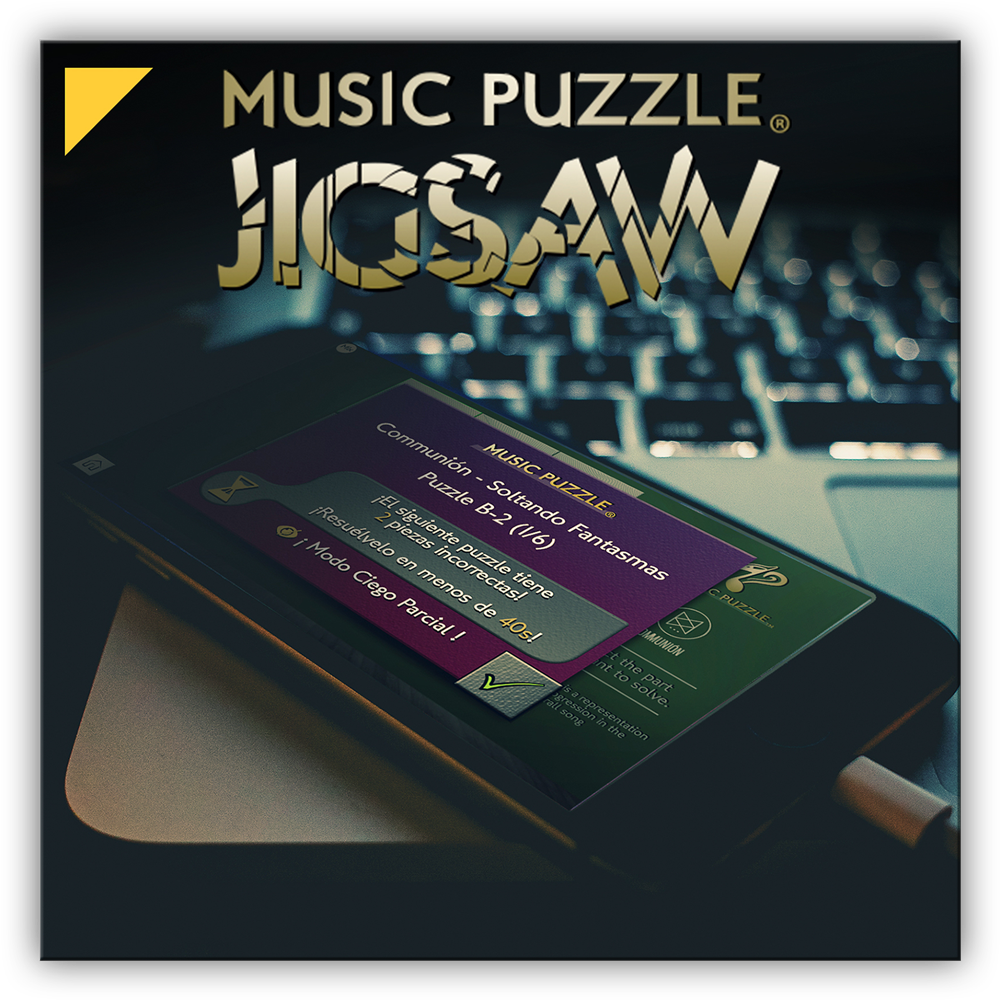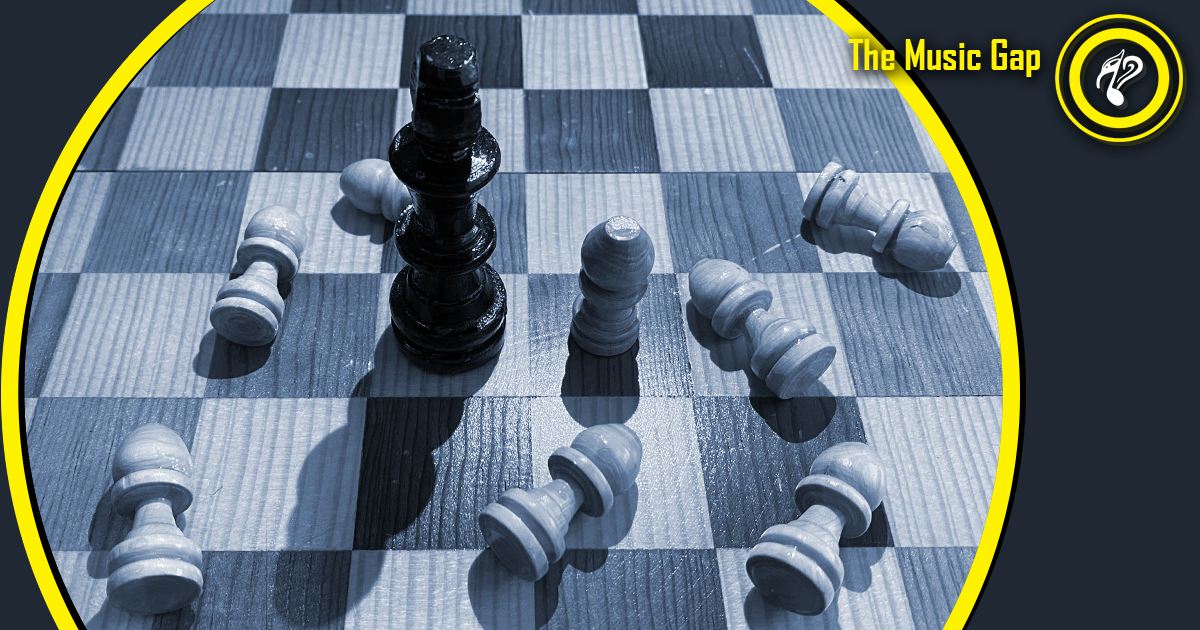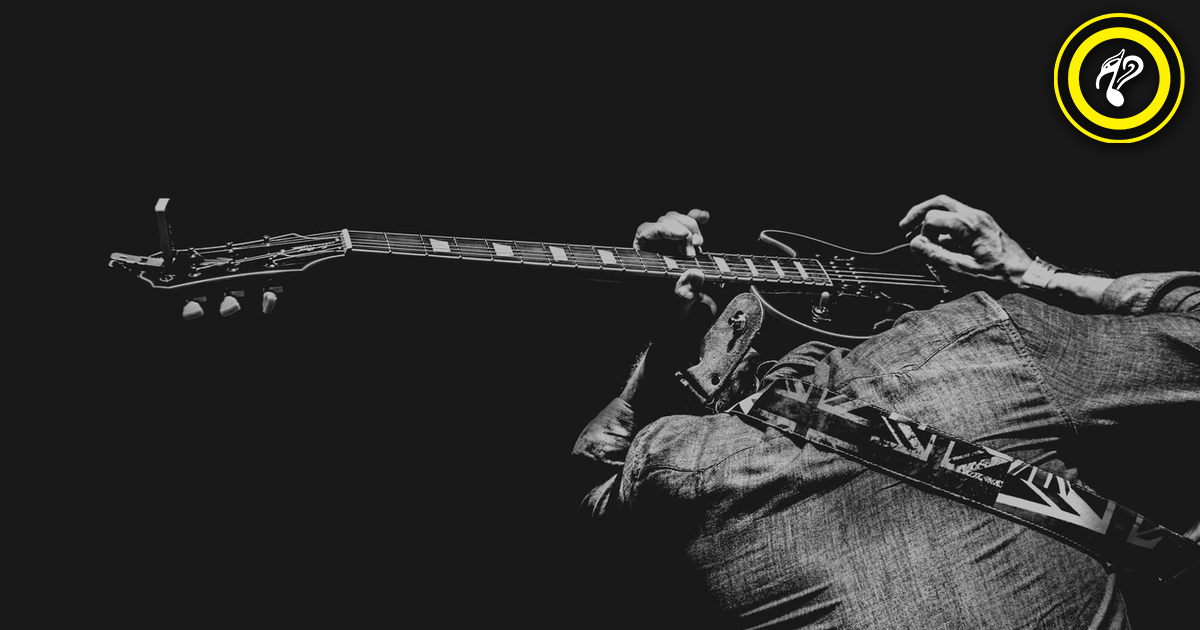What kind of music do people listen to in Japan?

When we think about Japan, two opposite things come to mind: A high-tech futuristic-looking city and a traditional town with a Torii gate and people in kimono. You can even imagine a third one where both ideas mix up like those cyberpunk films taking place in Tokyo, as it is one of the few cultures that managed to globalize without losing its identity. We may think about the music heard in Japan in the same way.

Two traditional music genres are recognized as the oldest in Japan: Shōmyō, corresponding to Buddhist chants, and gagaku, orchestral music for the royal court. They both date back to the Nara period, which took place approximately between the 710 to 794 AD.
Japanese traditional music was mainly influenced by Chinese music. It began to evolve thanks to the creation of new instruments and the increasing regions inside the country. There are records of approximately 21 different instruments created in Japan, which derived its musical style.
You can still find it at cultural events, formal ceremonies, and even video games. Despite the existence of recorders and other means of playing music digitally, this genre is so rooted in its society that they still perform it with the traditional instruments nowadays.
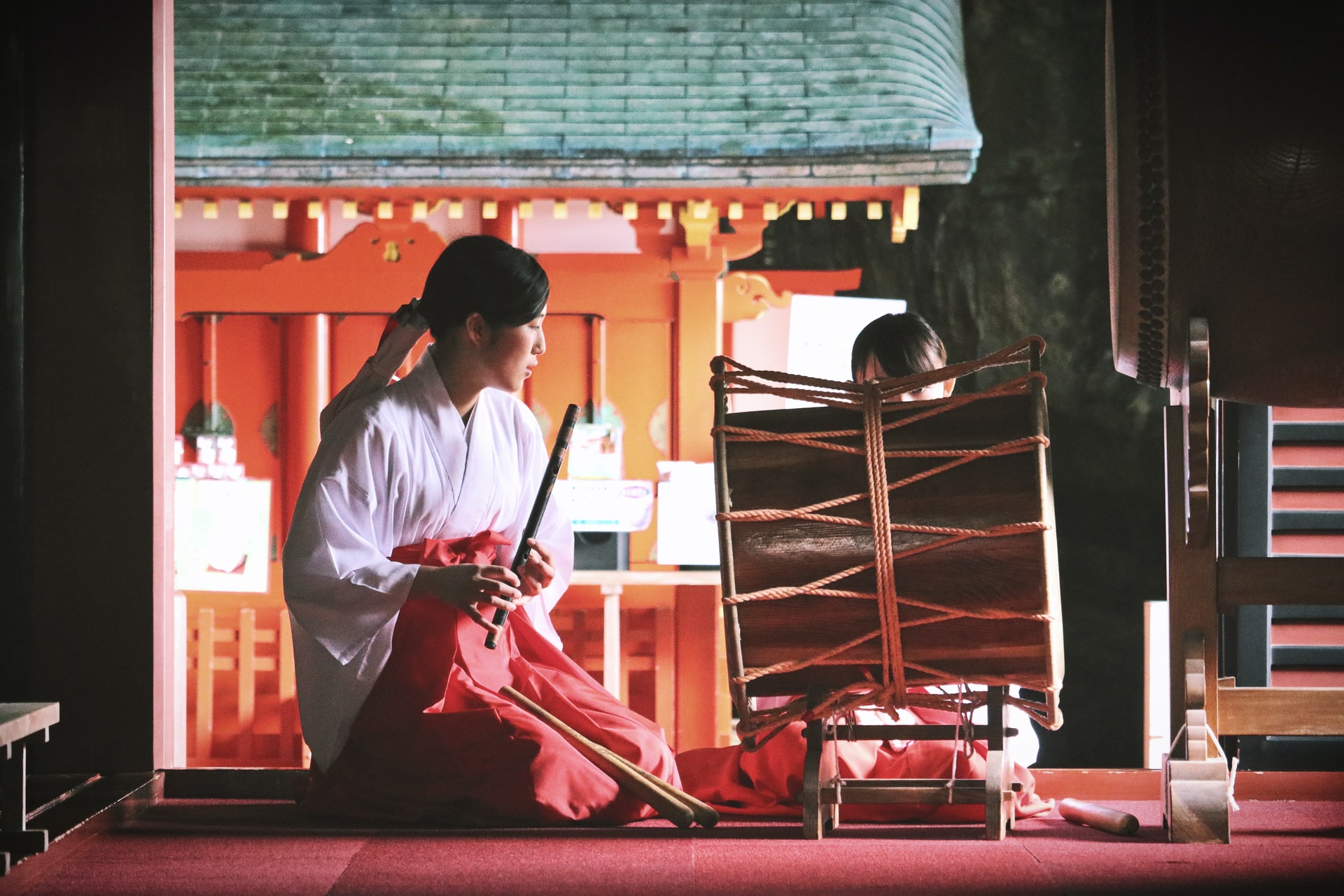
During the Meiji Restoration, in the year 1868, the political system was consolidated under the emperor. This allowed Japan to open to the rest of the world and established a criteria to do so, this way its culture and identity could be preserved. Foreigners were welcomed, other countries started trading prime materials and so its music began to spread around the West.
During this period, two new forms of music emerged: Shoka, created to teach western music at schools, and gunka, consisting of military marches with the Japanese spirit.
Shoka:
Gunka:
Around 1914, the term kayōkyoku appeared in Japan. A way to designate western pop music, this became the basis for what we know today as j-pop. The difference between these two terms is that the first refers to the music conserving its traditional elements, while j-pop falls more on the characteristics of western pop.
Kayōkyoku:
Other types of music that tagged along were tango and Latin music, especially Cuban music, which became popular around the 1950s. Western classical music made its way into the country thanks to the Japanese who studied abroad and came back with it. Even jazz was imported from the United States during World War II.
J-pop predominates in contemporary popular music. It started to develop back in the 60s by its influence from western pop and rock bands that motivated the inclusion of western-style music in Japanese pop.
J-Pop:
On the other hand, the Idol movement appeared in j-pop. An only-girls or only-boys band singing and dancing in their performances, similar to what we see here in the West with the Backstreet Boys and Spice Girls. While this concept wasn’t all that popular in the West, it found its success in Japan and other countries such as Korea and China, who then turned their idols into public figures who also acted in tv series or movies. By shooting commercials for campaigns and other public appearances, they pretty much made alter egos out of the idols.
Idol:
At the same time, j-rock was born thanks to the boom western rock music had on the rest of the world as John Lennon became one of the most popular western artists in Japan. While they were still experimenting with the genre, the bands’ focus shifted to using new sounds from electronic music during the 70s.
J-Rock:
By the 1980s, more j-rock sub-genres were already defined. Some kept seeking the combination of sounds never used before, and others followed the western trend for the mainstream audience. In this decade, Visual Kei arose, inspired by the experimental music of past decades and the use of rock as a show thanks to bands like Pink Floyd and KISS. Visual kei bands would later see international success thanks to modern globalization.
J-rock is so huge and diverse nowadays that we’d need another article to talk about it precisely.
Visual Kei:
Another great genre of music in Japan is thematic and video game music, since there are artists who dedicate their careers exclusively to composing songs for multimedia content. In thematic music, we find exclusive songs for anime, movies, and television series. On the other hand, video game music was initially limited by the existing hardware to produce video games, which is why it consisted mostly of chiptune sounds.
Música temática:
Videojuegos:
Video game music evolved as its development technology advanced. One of the most important games in the history of video game music was Dragon Quest, thanks to a thematic music composer named Koichi Sugiyama, who decided to get involved in this area to show that video games could have ground-breaking soundtracks since at the time, it was common for programmers with little to no musical knowledge to write and produce soundtracks.
Today, music for video games is distributed on CDs and digital platforms like other music genres. Concerts and tours are also held to promote videogame music.
Dragon Quest:
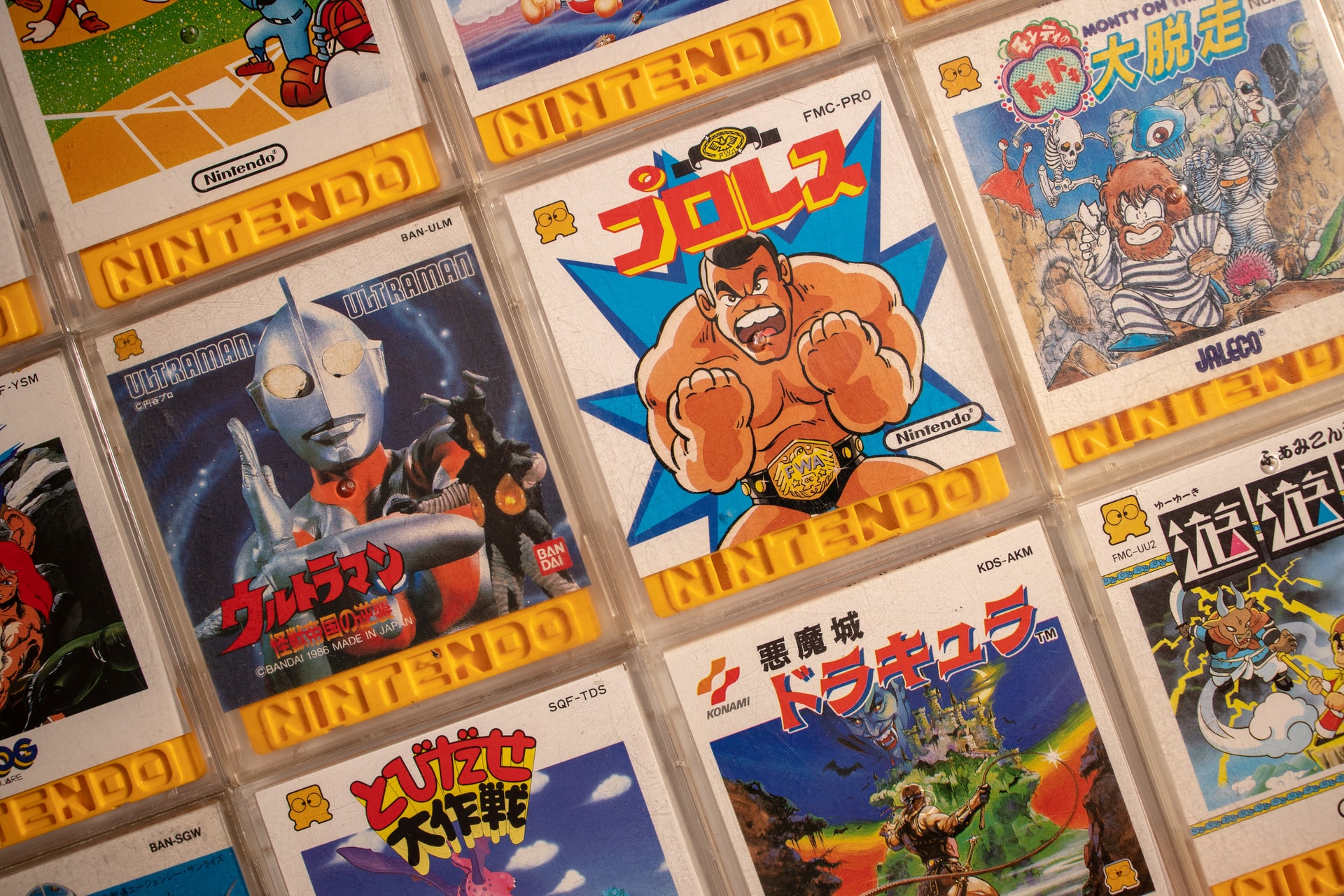
Thanks to globalization, most western musical genres also exist in Japan and they all go through its cultural integration. By adopting the western genres and then adding its own tradition, Japan keeps coming up with new musical subgenres.
To talk about Japanese music, we have to talk about its history, culture, and particular development. As we saw in the beginning, it can be very similar to western music, to its own traditional music or a mix between both of them. The best of both worlds.
As a curious fact, Japan is the largest physical music market in the world. While digitalization dethroned CD in other countries, people continue to buy physical media such as CD and vinyl in Japan, this also made the Japanese musical market the second largest one in the world.
What about you? Have you listened to Japanese music? What type?
If you enjoyed the article, you'll love these games:
